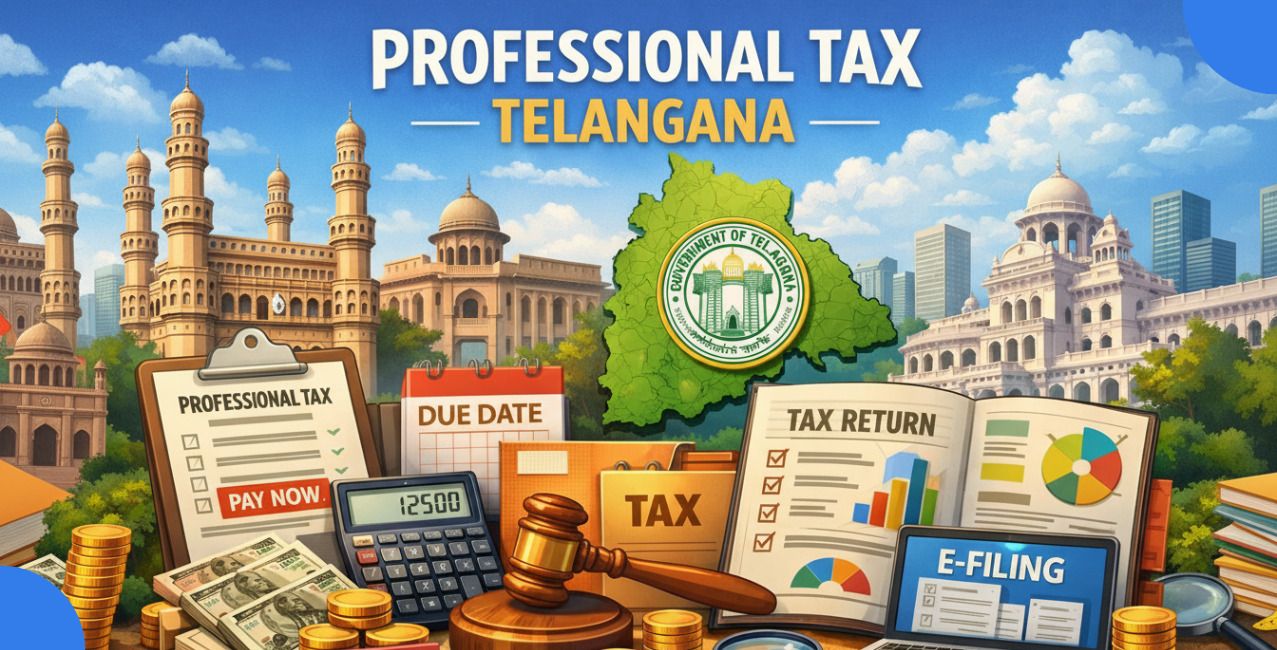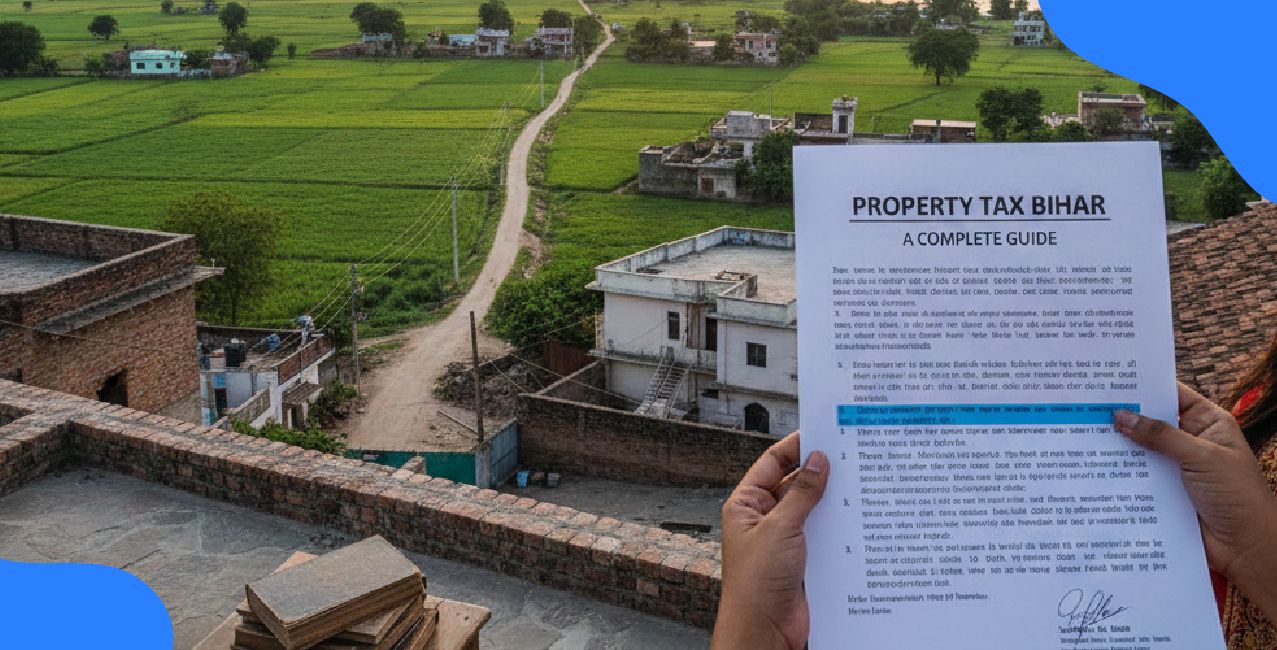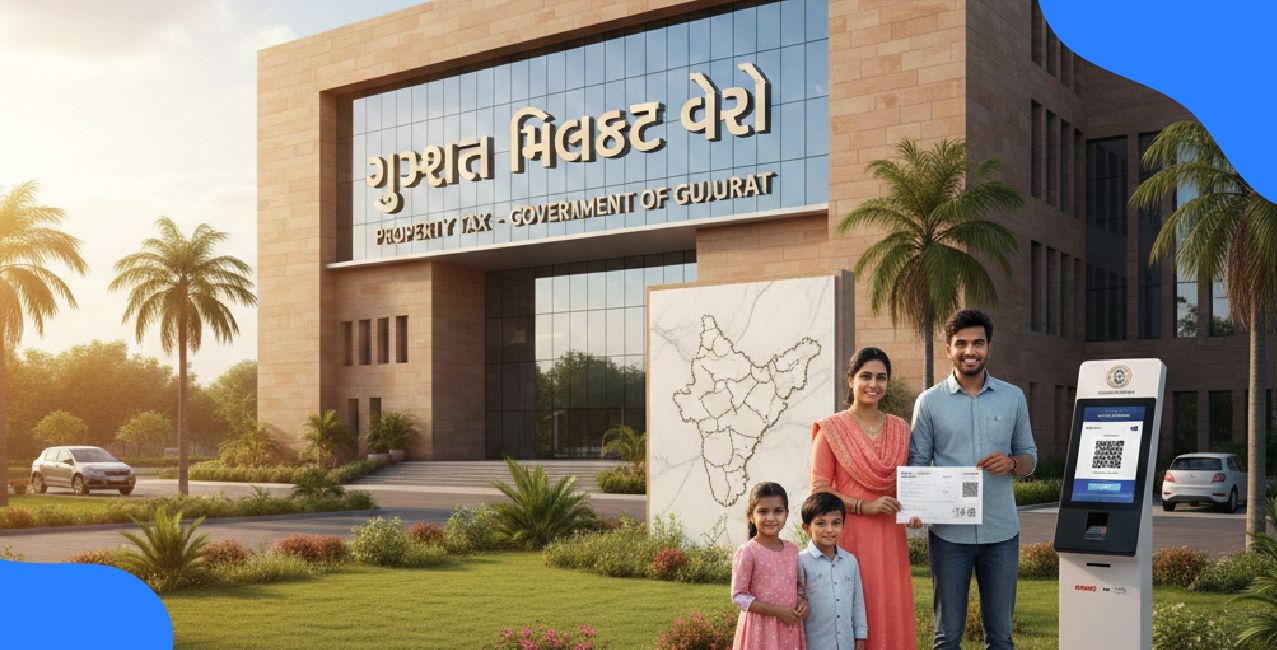Section 17(2) of Income Tax Act – Perquisites & Taxable Benefits Explained
_of_Income_Tax_Act.jpg)
Check Your Loan Eligibility Now
By continuing, you agree to LoansJagat's Credit Report Terms of Use, Terms and Conditions, Privacy Policy, and authorize contact via Call, SMS, Email, or WhatsApp
- To ensure equitable taxation, Section 17(2) includes non-cash benefits such as cars, rent-free housing, and medical reimbursements as part of "Income from Salaries."
- Depending on the city, salary level, and type of benefits, the value of perquisites varies, and if improperly planned, they can significantly increase taxable income.
- Employees can lawfully maximise their pay structures by taking advantage of tax-free benefits, such as laptops, office snacks, group health insurance, and government hospital treatment.
Section 17(2) of the Income Tax Act explains that these are non-cash benefits an employer gives to an employee, in addition to their salary. The catch? These perks are taxable under "Income from Salaries" if you get them because of your job.
Let's understand with the example of Rajat:
Rajat has just landed his dream job in Bengaluru, earning ₹1,00,000 monthly. His HR manager congratulates him, saying, "Congrats! You will also receive a rent-free flat valued at ₹25,000 per month and a chauffeur-driven car!"
Rajat is thrilled. Free housing and a car? Sounds perfect!
But here comes the surprise at tax time. His accountant says, "Hey, under Section 17(2), those 'freebies' are taxable!"
Let's do the math:
This table shows you an overview of Rajat's salary:
This table shows you Rajat's perks, which add ₹3,39,600 to his ₹12,00,000 salary, making his total taxable income ₹15,39,600.
So much for "free stuff", huh?
"Dikhta hai free, milta hai heavy, Section 17(2) ke teer se bacha nahi koi savvy!"
Read More - Section 37 of the Income Tax Act – Business Expenditure Explained
This blog is all about section 17(2), through this blog you can easily understand section 17(2), and the next topic is importance of section 17 (2)
Importance Section 17(2) of the Income Tax Act
To make sure everyone pays their fair share of taxes and to stop tax evasion, Section 17(2) says that perks, like non-cash benefits, are part of your taxable salary. This means that benefits such as company cars or free housing will also be subject to taxation.
A Case Study of Nitin Under Section 17(2)
Nitin is an executive who lives in a rent-free flat worth ₹50,000 a month. Because of this benefit, the value of the flat gets added to his taxable income.
The Importance of Section 17(2)
Let’s explore how Section 17(2) impacts Nitin’s salary, both with and without considering the value of his perks. This will help us understand its significance for employees like him.
The table shows how Section 17(2) maintains fairness among employees.
Section 17(2) helps workers like Nitin based on their total pay, which improves transparency and stops people from avoiding taxes. Now, let’s take a look at the tax slab.
TDS Rate Under Section 17(2): Slabs, Cities, and Salary Magic
Section 17(2) makes sure that benefits like rent-free housing are taxed depending on where you live and how much you earn.
For instance, consider Akash, a senior manager in Mumbai, who earns ₹1,50,000 per month. He pays 15% tax on the value of his company-provided apartment, which amounts to ₹2,70,000 a year.
How City Size Affects the Value of Rent-Free Housing?
Let’s explore how living in larger or smaller cities can change the value of these perks!
The table highlights the importance of location, as larger cities tend to have higher property values.
Now, you know the different tax slabs. Next, let's explore the exemption under Section 17(2).
Also Read - Section 10(26) of Income Tax Act – Tax Exemptions Explained
Exemption Under Section 17(2):Tax-Free Perks You Should Know
Section 17(2) helps by making some work-related benefits tax-free. Exemption under section 17 (2) that you should know.
For example, Aman, who works in IT, gets to enjoy free office snacks, ₹15,000 for medical expenses, and a company laptop, all of which he doesn’t have to pay tax on.
Tax-Exempt Perks Every Employee Should Know
This table highlights common tips that escape the tax net under Section 17(2):
The table illustrates clever ways employers can design benefits that help employees save on taxes.
"Tax-free perks are out there, you just have to know where to find them!"
Now that we understand what’s tax-exempt, let’s wrap up by discussing how Section 17(2) affects your salary structure (conclusion).
Conclusion
Section 17(2) of the Income Tax Act ensures that benefits, such as free perks, are taxed fairly while allowing certain ones to be exempt from tax. For example, whether it's Rajat getting a rent-free flat, Nitin driving a company car, or Aman using a tax-free laptop, knowing these rules helps both employees and employers manage their taxes wisely.
This law aims to balance rewards with fairness, ensuring that employees are recognised without promoting tax evasion. By understanding local property values, exemption rules, and the necessary paperwork, professionals can make informed financial decisions.
Overall, Section 17(2) encourages transparency, so "free perks" don't come with hidden tax problems. Stay informed, plan smartly, and take advantage of exemptions to enhance your salary benefits!
FAQS
What is section 17(2) of the Income Tax Act for hospitals?
When an employer reimburses an employee for medical expenses, that amount is typically taxable. However, if the reimbursement is for treatment at a government hospital or clinic, it won’t be taxed.
What is the difference between perquisites and allowances under section 17 (2) of the Income Tax Act?
Perquisites are extra benefits you receive, and specific rules determine their taxable value. On the other hand, allowances are payments to cover work-related expenses, and their tax treatment depends on the particular type of allowance.
I use a company car for personal trips. Is it taxable?
Yes. The taxable value is calculated based on the car's cubic capacity and whether it comes with a driver. The employer typically calculates this value and includes it in your Form 16.
If my employer pays my club membership fees, is it taxable?
Yes. Any fees for a club membership (e.g., social, sports, or recreational clubs) paid for by your employer, whether for initial enrollment or annual subscriptions, are fully taxable as a perquisite in your hands.
Other Related Pages | |||
About the author

LoansJagat Team
Contributor‘Simplify Finance for Everyone.’ This is the common goal of our team, as we try to explain any topic with relatable examples. From personal to business finance, managing EMIs to becoming debt-free, we do extensive research on each and every parameter, so you don’t have to. Scroll up and have a look at what 15+ years of experience in the BFSI sector looks like.
Subscribe Now
Related Blog Post

Professional Tax of Telangana: Guide to Rates, Rules & Payment Process

Property Tax Bihar: Rates, Online Payment Process & Complete Guide

Property Tax Gujarat – Rates, Calculation, Payment Process & Complete Guide
Recent Blogs
All Topics
Contents
Quick Apply Loan
Consolidate your debts into one easy EMI.
Takes less than 2 minutes. No paperwork.
10 Lakhs+
Trusted Customers
2000 Cr+
Loans Disbursed
4.7/5
Google Reviews
20+
Banks & NBFCs Offers
Other services mentioned in this article





